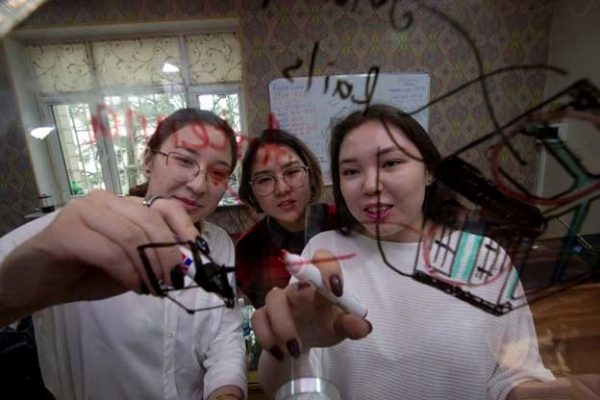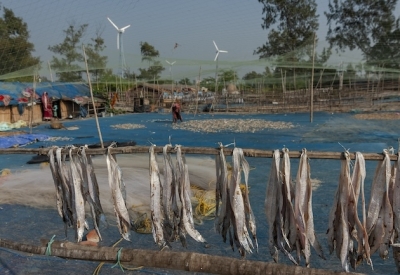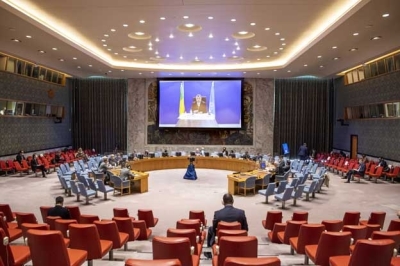UNITED NATIONS, Mar 08 (IPS) — Since the onset of the COVID-19 pandemic, the tremendous power of technology and innovation has become clear to the world. However, it has also increased exclusion, discrimination, and inequalities -- especially for women and girls.
On International Women’s Day, we must re-imagine a world whereby innovation and technologies are more intentionally leveraged towards transforming our societies and economies so that resources and power are more equitably distributed.
Women and girls across the globe are anxious for this radical change, and it’s easy to understand why.
There is a growing gender digital divide and a mistaken assumption that the use of digital tools and services will simply increase with universal internet access. 95 per cent of the world’s population has access to a mobile broadband network.
Yet just one-quarter of people in lower-income countries use the internet, with 21 per cent of women in those countries online compared to 32 per cent of men. In tandem, many women and girls -- especially women politicians, voters, human rights, and environmental defenders, LGBTIQ+ people, activists, feminist groups, and young women -- face widespread forms of violence online, threatening their participation as well as their mental health and wellbeing.

We witness the call for social transformation from women who are at the forefront of movements for social change -- online and in the streets -- in their countries and around the world.
Digital technology can nurture democracy and human rights by boosting civic engagement and political participation. That includes using behavioural science to help ensure that women can access their property rights in Syria, an effort supported by the UNDP Accelerator Lab there.
Or consider the eMonitor+ platform developed in Tunisia that uses Artificial Intelligence to identify mis/disinformation, hate speech, and violence against women around elections.
Or look to new innovations that are using solar power to capture rainwater and treat it to produce drinking water in Tanzania -- allowing women and girls to avoid trekking for kilometres every day to collect water.
At a time when women and girls are denied access to education in countries such as Afghanistan, the STEM4ALL platform coordinated by UNDP and UNICEF aims to increase the representation of women and girls in science, technology, engineering and mathematics (STEM).
This network of ‘STEMinists’ plans to expand from 34 countries to a global reach -- part of much-need efforts to help ensure that women can lead our new digital societies that will drive forward everything from climate action to the restoration of our natural world.
UNDP is working with key partners like UN Women to support countries to build inclusive digital ecosystems that work for women in all their diversity, guided by our Gender Equality Strategy 2022-2025 and our Digital Strategy 2022-2025.
All of us have a role to play in amplifying women’s voices; women’s participation in public life and access to justice, including through e-governance initiatives.
More efforts are also needed to tackle discrimination and violence against girls with disabilities. And digital finance will be a key means to allow women to gain full control over their finances -- perhaps the most powerful means to reduce poverty and advance the Global Goals. In short, women and girls must be an intrinsic part of answering people and planet’s most pressing challenges.
Achim Steiner is Administrator, United Nations Development Programme (UNDP)
IPS UN Bureau






